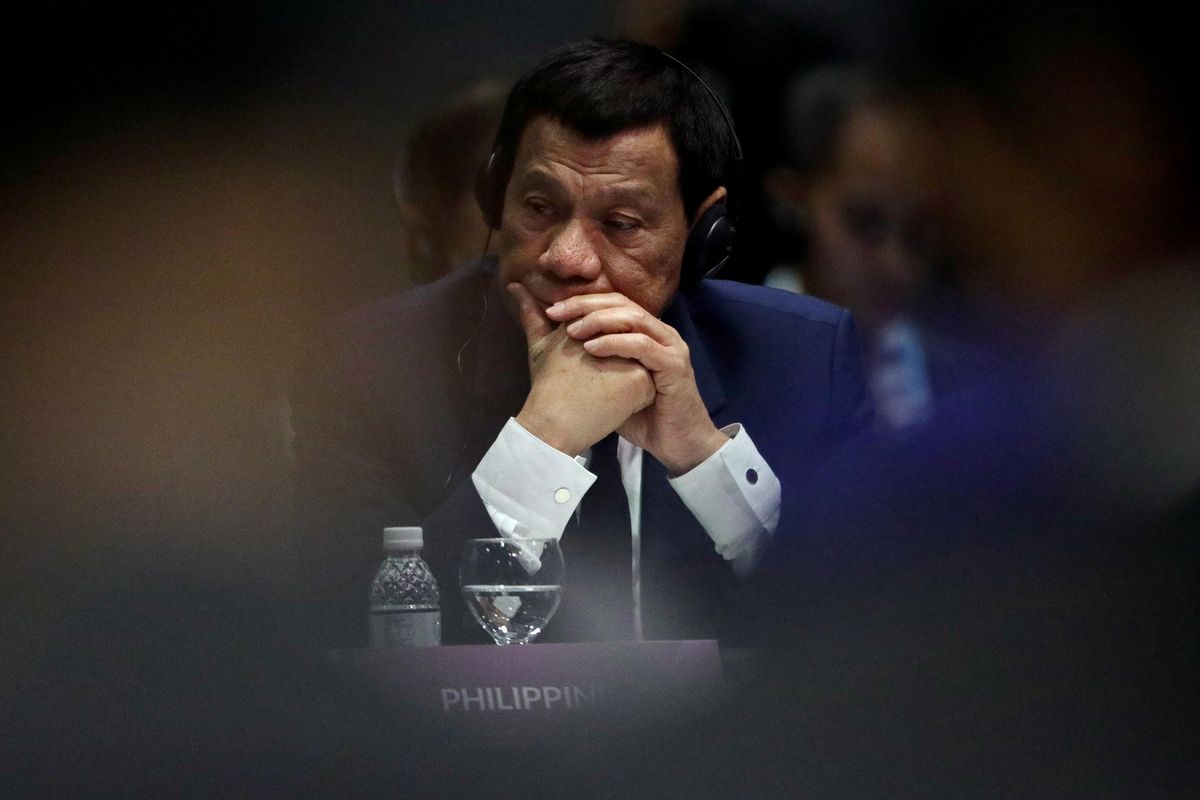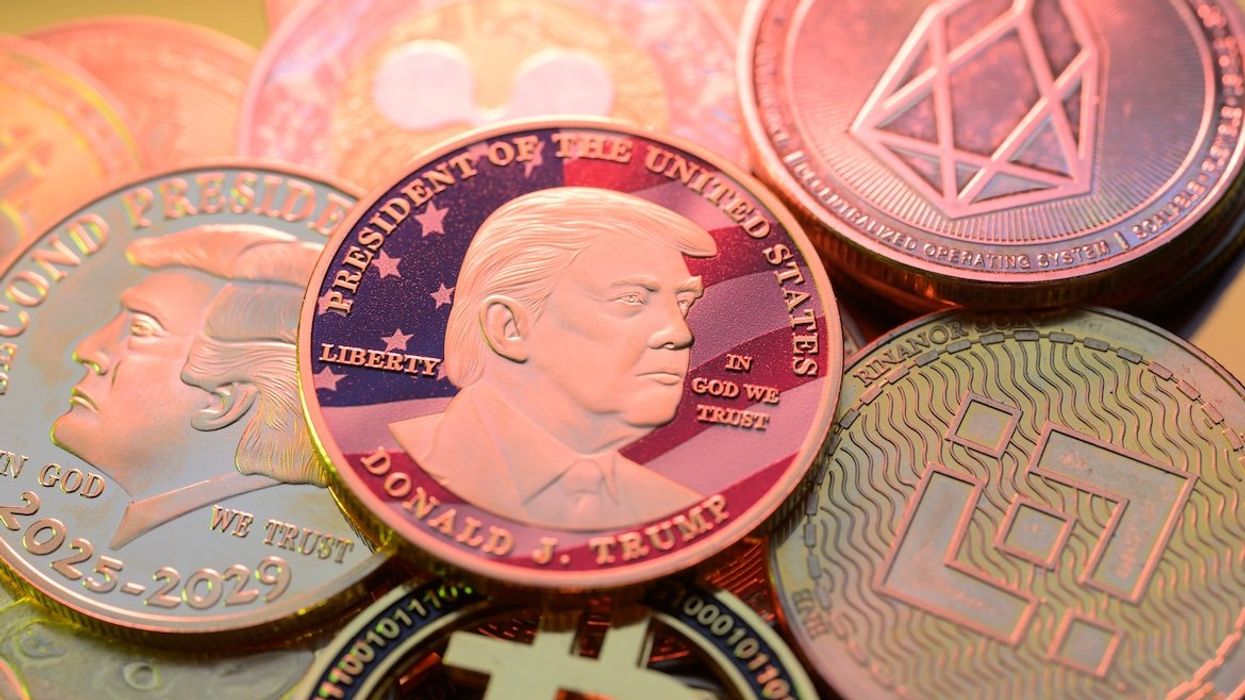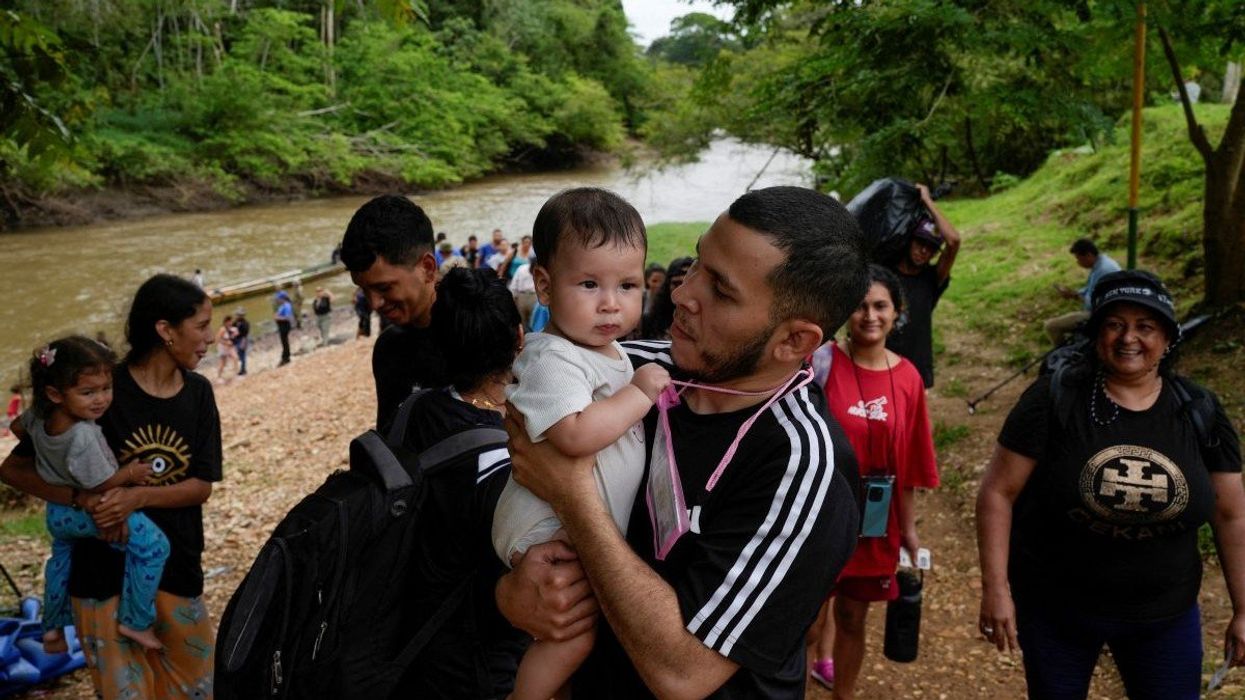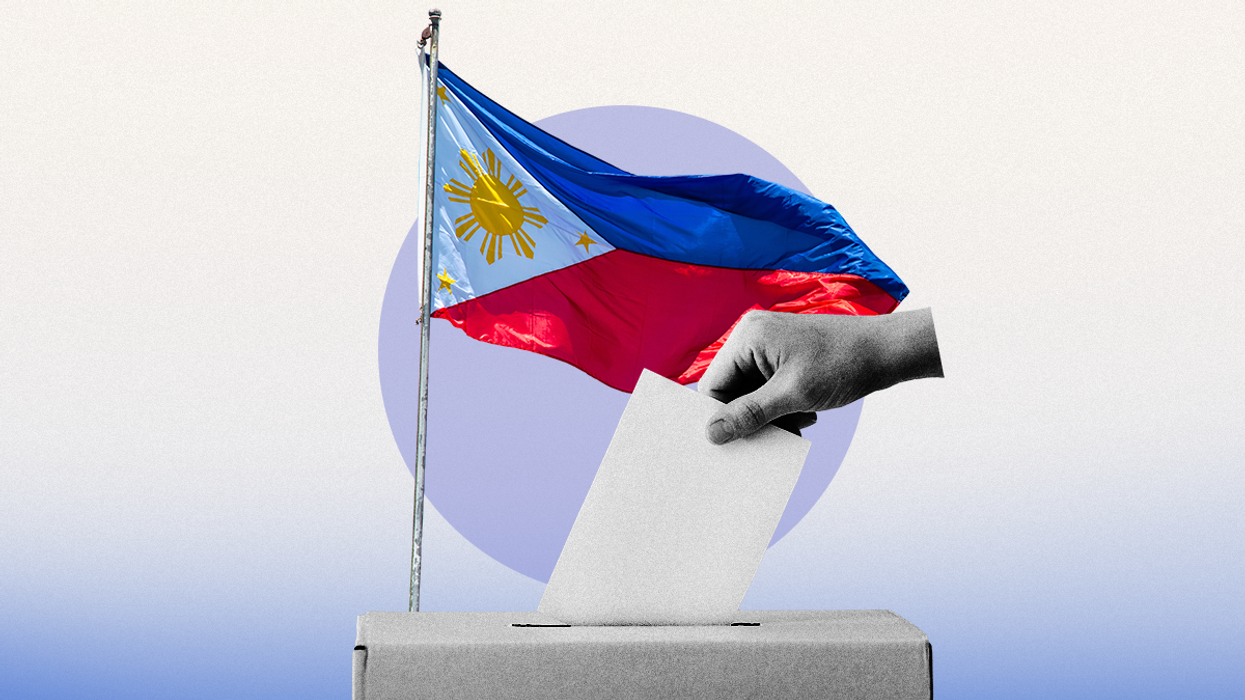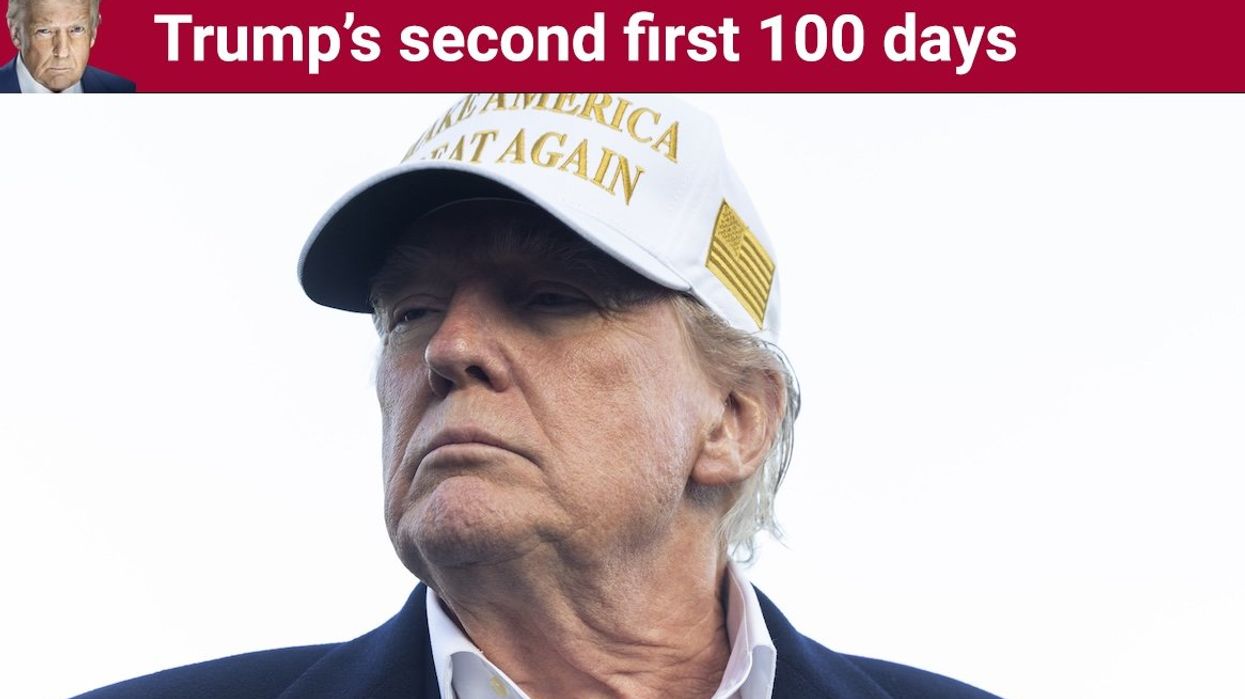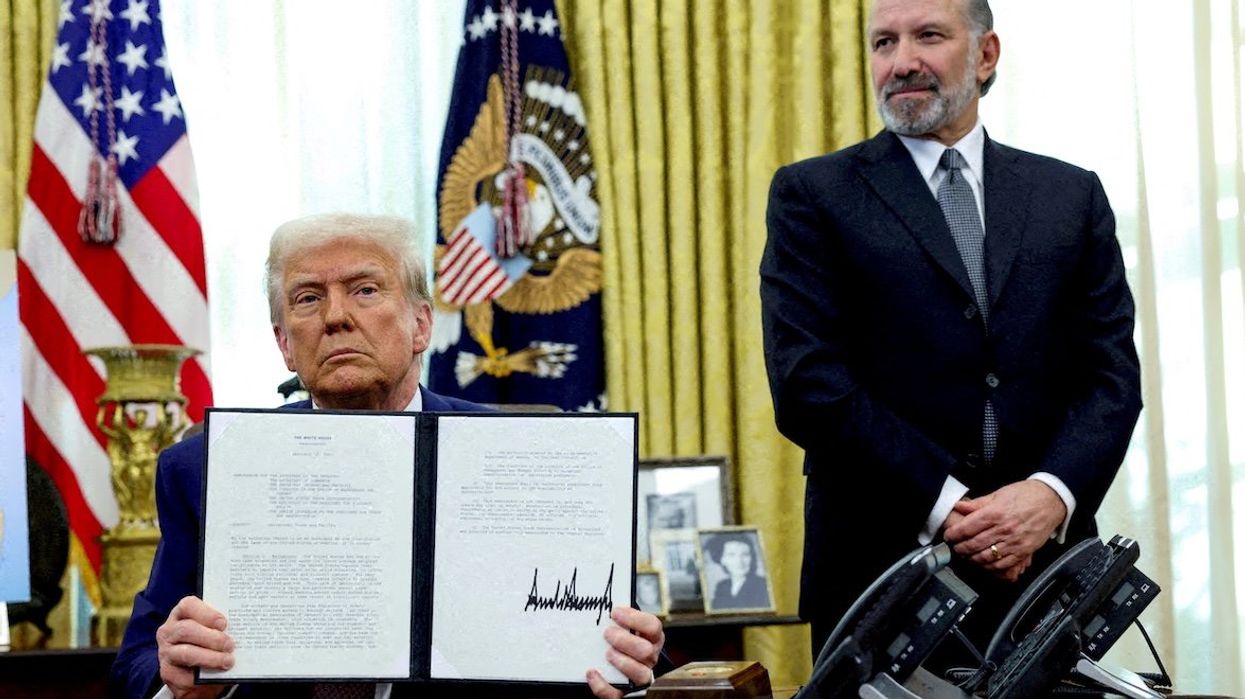With the US-China rivalry intensifying in Southeast Asia, the May 2022 presidential contest in the Philippines is shaping up as the most important election in years for the region's balance of power. President Rodrigo Duterte has pivoted the traditionally pro-US country toward China, but the one-term limit means he cannot seek reelection, offering the possibility of a reversal under a new president. Similarly, he/she may rein in a violent anti-drugs campaign that has drawn international condemnation. We talked to Eurasia Group expert Peter Mumford to get some sense of who Duterte's potential successors are, and how they might approach his controversial legacy.
Do we know yet who's running?
Nearly 100 candidates registered for the 2022 presidential contest ahead of the initial deadline of 8 October, though the vast majority of these will fade away and parties can change their candidates up until 15 November. Currently, there are six credible contenders for the top job: Bongbong Marcos, a former senator and son of the late dictator Ferdinand Marcos; Isko Moreno, mayor of Manila and a TV/film actor; Senator Manny Pacquiao, the world-famous former boxer; Vice President Leni Robredo, head of the opposition Liberal Party; Senator Ping Lacson; and Senator Bato dela Rosa, the last-minute pick from Duterte's party. The presidential contest is one round, with the prize going to whoever secures the largest share of the popular vote in what is already a crowded field.
Who are the frontrunners?
Marcos is leading the pack among those who've confirmed their participation so far, benefiting from strong support in much of Luzon, the Philippines' main island. He is less popular elsewhere, however, and is generally seen as a divisive figure who evokes memories of his father's brutal regime. And he trails Sara Duterte-Carpio, the president's daughter and mayor of Davao, in rankings of all potential candidates. Moreno and Pacquiao are also both very popular and would pose a stiff challenge for either Duterte-Carpio or Marcos by appealing to a broad range of voters, though their campaign machinery is not (yet) as strong. Nor should Robredo be written off despite her low poll ratings — her decision to enter the contest has been warmly welcomed by many who are eager to turn a page on the Duterte era; she has been one of the president's staunchest and most consistent critics.
Is Duterte-Carpio expected to eventually enter the race?
She continues to disappoint her legion of supporters — who have been using the hashtag #RunSaraRun to build momentum online — by ruling it out. Days before the last week's filing deadline, she registered to run for another term as mayor of Davao her father's old job. However, her denials should not be taken at face value; there is a tradition of Philippine politicians (especially in the Duterte family) not wanting to look overly eager for power, lest it turn off voters. Several parties have presented what are clearly "placeholder" candidates in the hope that Duterte-Carpio will use one of them as a vehicle to get to Malacañang Palace. She has consistently topped the polls of potential presidential candidates, though her lead has narrowed recently while Marcos's numbers have been rising. This Duterte brand may have been tarnished somewhat by the president's perceived mishandling of the pandemic and a recent corruption scandal — or perhaps because her strategy of delaying a decision is backfiring.
Will Duterte's endorsement be important?
While the president's approval ratings have dipped, they remain very high (75 percent in the latest poll), handing a significant advantage to whomever he backs. That does not, however, guarantee victory for his chosen candidate. The election will become much closer if both Duterte-Carpio and Marcos run for the top job, splitting the vote of supporters of the current president and potentially allowing a candidate such as Moreno or Pacquiao to slip through the middle. Similarly, the Duterte machine would be easier to defeat if they and anti-Duterte politicians fall in behind a single candidate. However, it seems Pacquiao, Moreno, Robredo and Lacson are, for now, determined to stay in the race.
Could Duterte still run for vice president?
Though he recently abandoned plans to run for the vice presidency in response to polls showing voters were lukewarm on the idea, he could throw his hat back in the ring if the polling improves, and if his daughter doesn't run. Among many possible permutations, Marcos or Duterte-Carpio could also sign on to another ticket as vice-presidential candidates. A ticket with either Duterte or Duterte-Carpio as running mate would be much more competitive, although the current frontrunner for VP is Tito Sotto, Lacson's running mate and with big name recognition as a former TV personality.
Is the next president likely to uphold Duterte's legacy on China and the anti-drugs campaign?
None of the main contenders would hug China as closely as Duterte has, though changes in policy would be more moderate under Duterte-Carpio, Moreno, and Lacson, while Pacquiao and Robredo would shift foreign policy more dramatically back toward a firm pro-US stance. Either way, the Philippines appears likely to become a geopolitical "swing state" in terms of the US-China battle for influence in the region. As for the anti-drugs crackdown, polls suggest it has been broadly popular in the Philippines thanks to a perceived reduction in crime, but it has always been tainted with concerns about extra-judicial killings. An impending International Criminal Court investigation will bring to light more evidence of human rights violations. Duterte-Carpio, Marcos, and Dela Rosa would likely maintain (perhaps with some nuances) a tough crackdown on drugs; other candidates would likely distance themselves more from Duterte's controversial campaign.
Peter Mumford is practice head for South and Southeast Asia at Eurasia Group.
